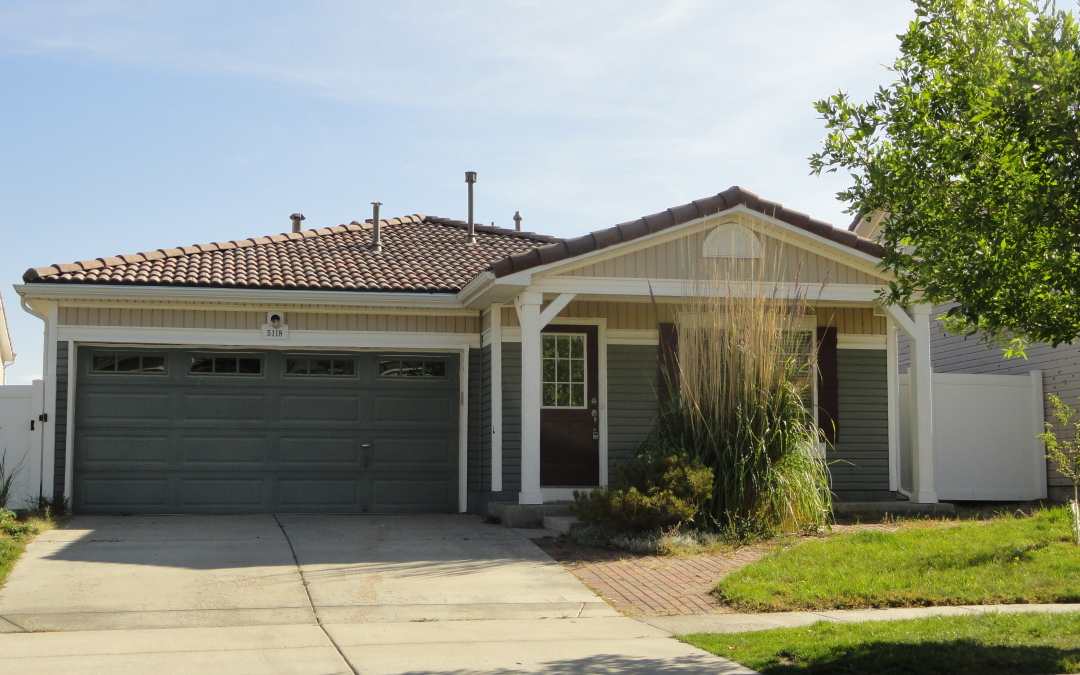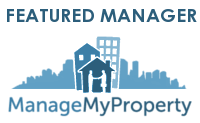As a property manager for investors, this is a question that I am asked often. It can be a scary and confusing world, so here are a few pointers on how to get started.
The first thing I recommend doing is to talk to a property manager. You will want to interview them, because a good personality match is important. property managers have their specialties, just like any other profession. Some specialize in certain areas of town or types of properties, while others specialize property management and don’t do sales. If you choose a property manager that doesn’t do sales, be sure they have a real estate agent that they work with. That way they can work together as a team to help you find the right properties. A property manager is going to know the rental market and be able to help you to find the best deals.
Once you have your property manager, then what?
Take the time to talk with them about your short and long term goals and your financial situation. There are different types of investing that you can get into. The three main types are Wholesale, Fix and Flip, and Buy and Hold. Here is a brief description of each one to help you to better understand what these are:
Wholesalers find properties that would make a good profit after the repairs are done, but don’t want to do the work. They get the property under contract at a discounted price, then for a fee, assign it to someone who wants to fix it up. The profit on these deals is lower than on the others, but the risk is much lower as well.
Fix and Flippers buy distressed properties, then not only do the repairs, but also adds upgrades to the property (such as remodeling the kitchen and bath). The property is sold at a higher price and hopefully a profit is made. This is a more risky venture as the outlay of cash is far greater. Most fix-ups run about $30,000.
Buy and Hold properties are like fix and flips, the difference is that the repairs are not as expensive and the property is not sold afterwards. This type of investment has a return over time as the property is rented. Since the property is held as a rental, this is probably the least risky type of investment.
You may ask why you need a property manager if you aren’t going to be holding on to your investments. The answer to this is simple. Many of those that you will end up selling to will be wanting to rent the property out. You will need to know if the property would be a good fit for that or not. This way you can craft your marketing messages appropriately.
As with all types of investments, property investing does carry some risks. Risks can be mitigated by careful planning and understanding the risks involved. Your property manager can help you to reduce your risks. A great thing about property investing is that you don’t have to pick one method and stick with it. You can get a property under contract and then decide what method would work best for the given property and your current situation.
Another big concern is where the money comes from. Some investors use their own money, while others get loans from what are called hard money lenders. Sometimes you can even get a loan from a traditional bank for this. If you use your own money, you don’t have a loan to repay, however it does limit the number of properties that you can invest in at one time. Using a hard money lender will cost you more in interest and points, but you may be able to diversify into multiple investments at once. Your property manager should be able to recommend some investor friendly lenders if you don’t know any.
The one other thing that is needed is patience. Remember that finding and buying properties isn’t something that always happens in a week, or even in a month.
I hope that you have found this information useful and if you have any questions, or would like to talk to me about your specific investing needs, please don’t hesitate to call me or fill out our contact form.
Devin
720-227-7270



